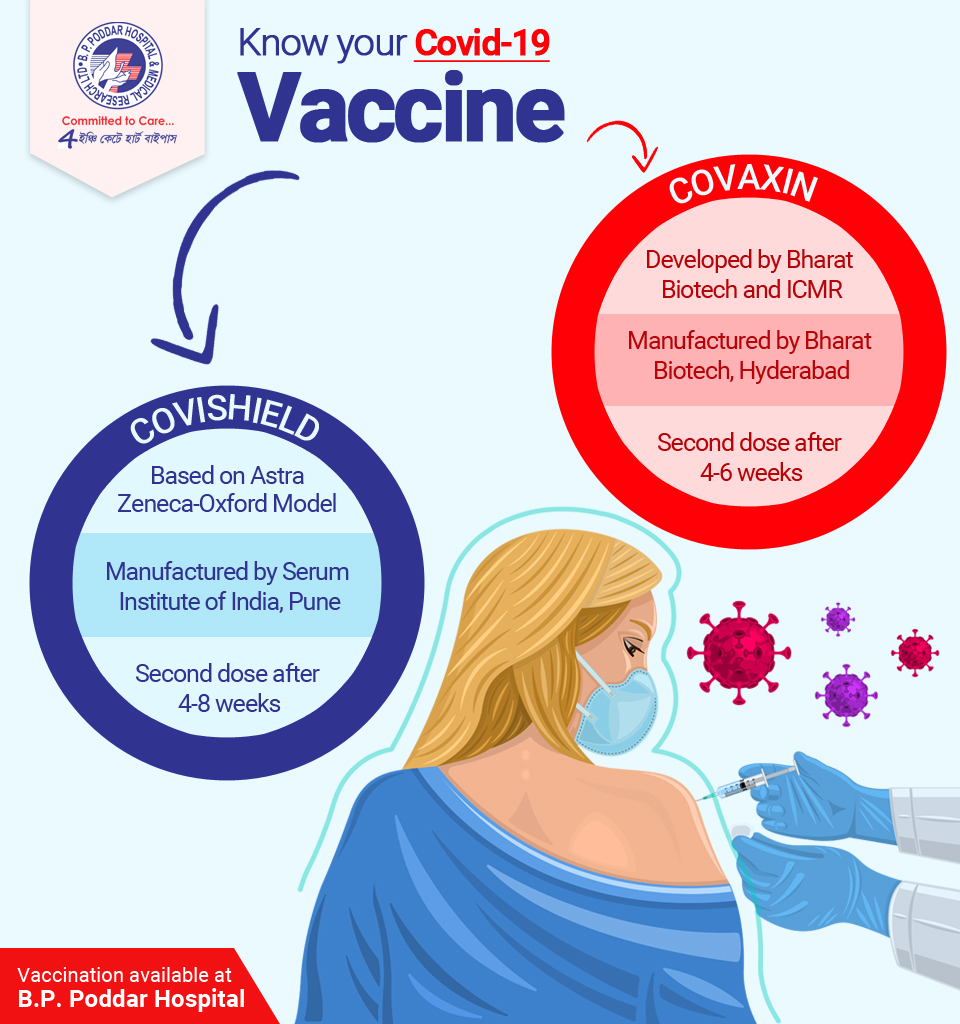- Emergency Admission : +91-8585035846
- Email :feedback@bppoddarhospital.net

Irritable bowel syndrome (IBS) is one of the most common gastro-intestinal problems faced by many people. This condition involves changes in frequency or form of bowel movements and lower abdominal pain. Diet, stress, poor sleep and changes in gut bacteria may all trigger symptoms. However, triggers are different for each person, making it difficult to name specific foods or stressors that everyone with the disorder should avoid. This article will discuss the most common symptoms of IBS and what to do if you suspect you have it. Let us look at the most common symptoms:
Pain and Cramping
Abdominal pain is the most common symptom and a key factor in diagnosis.Normally, your gut and brain work together to control digestion. This happens via hormones, nerves and signals released by the good bacteria that live in your gut.
In IBS, these cooperative signals become distorted, leading to uncoordinated and painful tension in the muscles of the digestive tract. This pain usually occurs in the lower abdomen or the entire abdomen but is less likely to be in the upper abdomen alone. Pain typically decreases following a bowel movement ÂÂ
Diarrhea
Diarrhea-predominant IBS is one of the three main types of the disorder. It affects roughly one-third of patients with IBS. Accelerated bowel transit in IBS can also result in a sudden, immediate urge to have a bowel movement. Some patients describe this as a significant source of stress, even avoiding some social situations for fear of a sudden onset of diarrhea.
Additionally, stool in the diarrhea-predominant type tends to be loose and watery and may contain mucus.
Constipation
Although it seems counterintuitive, IBS can cause constipation as well as diarrhea. Constipation-predominant IBS is the most common type, affecting nearly 50% of people with IBS. Altered communication between the brain and bowel may speed up or slow down the normal transit time of stool. When transit time slows, the bowel absorbs more water from stool, and it becomes more difficult to pass.
Constipation is defined as having fewer than three bowel movements per week. “Functional†constipation describes chronic constipation not explained by another disease. It is not related to IBS and is very common. Functional constipation differs from IBS in that it is generally not painful.
In contrast, constipation in IBS includes abdominal pain that eases with bowel movements. Constipation in IBS also often causes a sensation of an incomplete bowel movement. This leads to unnecessary straining.
Incomplete Bowel Movement
Slow-moving stool in the intestine often becomes dehydrated as the intestine absorbs water. In turn, this creates hard stool, which can exacerbate symptoms of constipation. Prompt movement of stool through the intestine leaves little time for absorption of water and results in the loose stools characteristic of diarrhea.
IBS can also cause mucus to accumulate in stool, which is not usually associated with other causes of constipation. Blood in stool may be a sign of another, potentially serious medical condition and deserves a visit to your doctor. Blood in stool may appear red but often appears very dark or black with a tarry consistency.